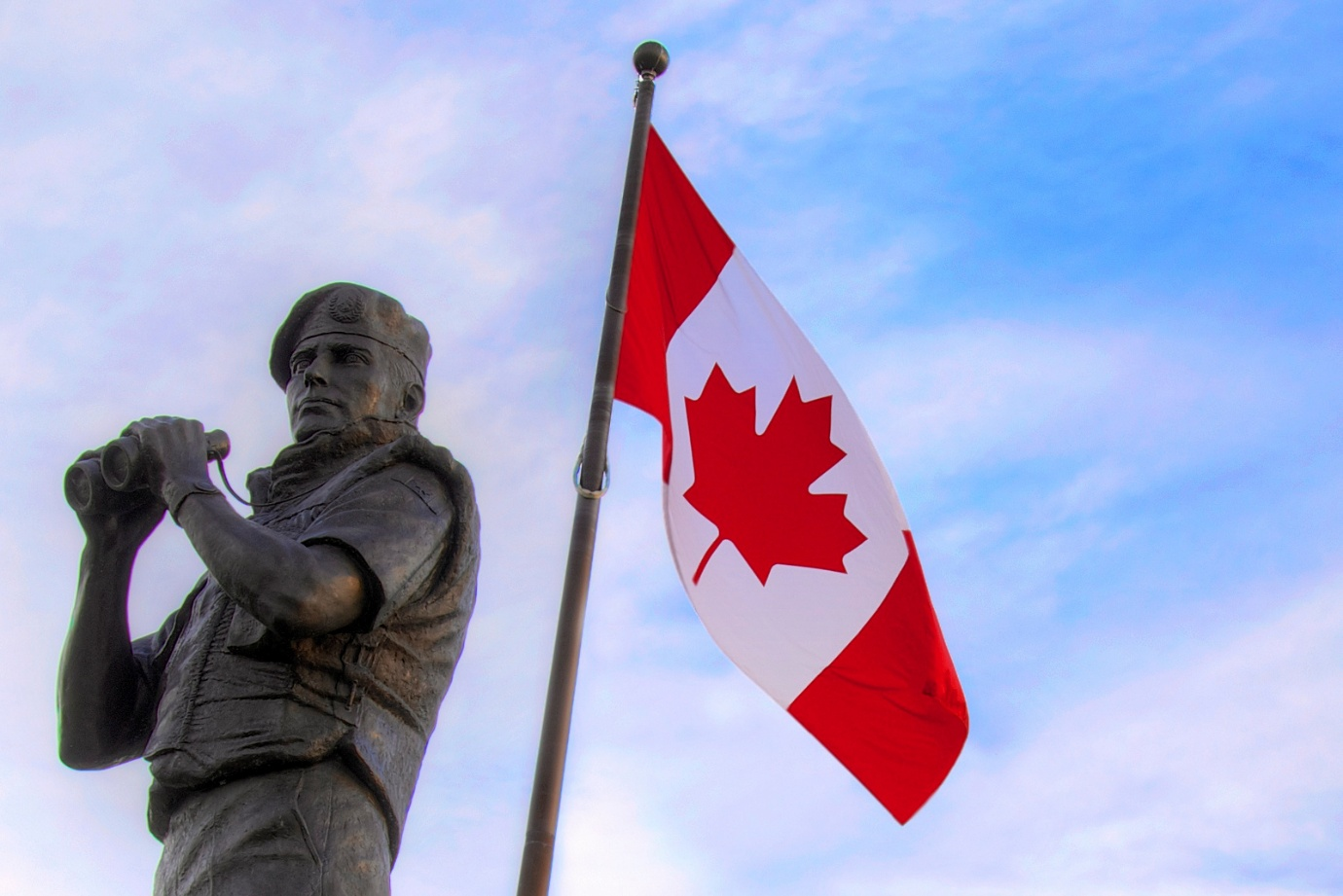Public Diplomacy in the Age of Soft Power

In the swiftly changing realm of international affairs, nations no longer vie only on the grounds of military power or economic supremacy. The 21st century has initiated a new epoch in which governments increasingly utilize soft power, the capacity to allure and assimilate rather than compel. Canada, a nation traditionally linked to civility, peacekeeping, and multiculturalism, now prioritizes the effective projection and enhancement of its worldwide image. Rebranding Canada through a planned and contemporary use of public diplomacy has emerged as a vital component in reshaping its soft power narrative amid intricate geopolitical problems and a fiercely competitive global information landscape.
Public diplomacy, unlike conventional diplomacy carried out discreetly, pertains to a nation’s initiatives to engage directly with international audiences to inform, persuade, and cultivate mutual understanding. Canada has always esteemed its favourable global reputation, which is founded on its involvement in peacekeeping operations, its multicultural policy, and its commitment to liberal democratic principles. Nonetheless, global perceptions are not immutable. In recent years, issues such as the treatment of Indigenous peoples, contradictions in environmental policies, and inquiries into Canada’s genuine worldwide influence have muddied this perception. To sustain and augment its international impact, Canada must transcend complacency and actively cultivate its identity through intentional, ongoing public diplomacy initiatives that resonate with current global values and expectations.
A fundamental strategy in rebranding Canada is the utilization of narrative to influence international attitudes. Countries such as South Korea, with its Korean Wave (Hallyu), and Japan, through anime and food, have effectively utilized cultural exports to enhance their soft power. Likewise, Canada may enhance its cultural assets, encompassing literature, film, music, and sports, as tools of influence. The global achievements of Canadian artists, including The Weekend and Margaret Atwood, underscore Canada’s innovation and cultural variety. Government-backed projects that promote Canadian media, festivals, or digital platforms internationally may guarantee that these cultural exports not only entertain but also convey the fundamental values Canada seeks to embody: openness, creativity, inclusivity, and global citizenship.
Furthermore, public diplomacy in the digital era must leverage the capabilities of digital platforms. In the 21st century, influence frequently disseminates via Twitter threads, viral videos, and digital networks. Canada’s diplomatic service and public institutions must become into proficient digital communicators. A rebranding initiative must incorporate a digital diplomacy plan that not only enhances Canada’s influence on global matters such as climate change, human rights, and gender equality, but also facilitates reciprocal dialogues with international audiences. Embassies and consulates must transform into centres of participation rather than simple administrative outposts. Canada may present itself as a transparent, modern, and accessible nation through social media marketing, virtual cultural exchanges, and online policy conversations.
Canada’s soft power is further exemplified by its involvement in multilateralism and global issue resolution. Canada has traditionally been regarded as a “middle power,” advocating for a rule-based international order and multilateral collaboration. Reinvigorating and promoting this commitment might augment its soft power, especially as global confidence in multilateral institutions diminishes. Engaging in global health projects, advocating for refugee rights, or promoting peace discussions in conflict areas all provide opportunities for Canada to enhance its reputation as a positive global participant. For these initiatives to serve as effective public diplomacy instruments, they must be supported by comprehensive communication strategies that elucidate Canada’s position and significance to both local and foreign audiences.
Canada’s rebranding must confront its past and contemporary difficulties candidly, especially on Indigenous reconciliation and racial fairness. Soft power is most effective when it is genuine. Recognizing historical and current injustices, pledging to authentic structural reform, and honestly conveying these initiatives to international audiences can enhance Canada’s reputation. In an age where global citizens, particularly the youth, prioritize authenticity and social justice, Canada’s capacity for self-reflection and reform might serve as a significant soft power asset rather than a detriment.
Education and interpersonal exchanges are a fundamental aspect of public diplomacy that can facilitate Canada’s rebranding efforts. Initiatives that attract international students, researchers, and professionals to Canada cultivate enduring relationships and positive perceptions. Likewise, augmenting scholarships, cultural grants, and exchange programs for Canadians overseas can enhance the nation’s values through human representatives. Graduates of Canadian institutions or development programs frequently serve as informal ambassadors, disseminating their experiences and influencing opinions in their native countries. These exchanges foster networks of empathy and trust that are vital in a connected society.
Canada’s rebranding via public diplomacy aims not to change the national character, but to revitalize and reassert it with purpose, inventiveness, and clarity. As global narratives grow more competitive and attention spans diminish, Canada must implement a proactive strategy regarding its perception and comprehension. An extensive soft power strategy based on cultural promotion, digital engagement, global collaboration, and genuine storytelling may guarantee that Canada retains a respected and influential position in the international arena. By doing so, it not only safeguards its foreign interests but also enhances its national identity domestically












